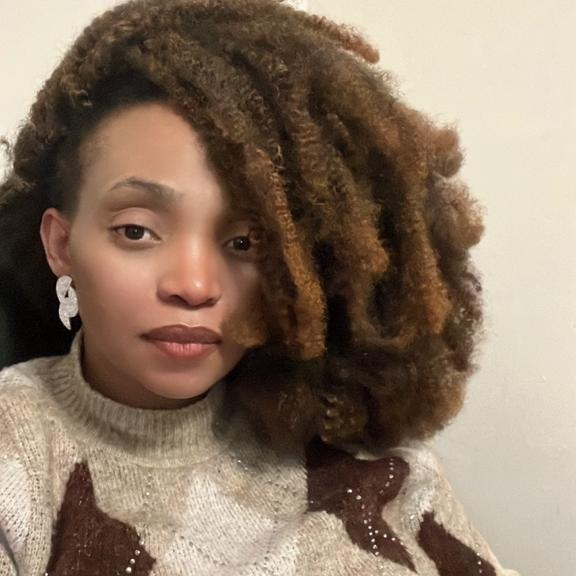
Lolo Uchechi Okwu-Kanu: “The Supreme Court Is Not Above the Constitution” – Wife of IPOB Leader Challenges Legality of Her Husband’s Continued Detention
Lolo Uchechi Okwu-Kanu, wife of the illegally detained leader of the Indigenous People of Biafra (IPOB), Mazi Nnamdi Kanu, has issued a strong rebuke against what she described as the “misplaced belief” that the Nigerian Supreme Court’s word is final, insisting that no court can override the Nigerian Constitution.
In a statement shared on her social media page titled “The Supreme Court is Not Above the Constitution,” Mrs. Okwu-Kanu argued that Section 1(3) of the 1999 Constitution clearly establishes the supremacy of the law over all institutions, including the judiciary. She maintained that any act or judgment inconsistent with the Constitution is “null and void,” regardless of the authority behind it.
“Many Nigerians wrongly believe that the law is whatever the Supreme Court says it is. That’s false,” she wrote. “Section 1(3) of the Constitution is clear — if any act or judgment violates the Constitution, it’s void. Even the Supreme Court cannot legalize illegality.”
Mrs. Okwu-Kanu drew attention to Section 36(9) of the Constitution, which provides that no person shall be tried again for an offence for which they have been previously acquitted, a right she described as “sacred and non-derogable.”
She argued that once the Court of Appeal discharged and acquitted Mazi Nnamdi Kanu in 2022, declaring his arrest and trial unlawful due to the Nigerian government’s extraordinary rendition of him from Kenya, the case legally ended.
“When the Court of Appeal frees someone (as was done in the case of Mazi Nnamdi Kanu) because the trial court had no jurisdiction, the case is over,” she wrote. “You can’t ‘continue’ a case that never legally existed. To attempt it is legal witchcraft — what lawyers call legal necromancy.”
Mrs. Okwu-Kanu further cited the 1985 Supreme Court decision in Ogbomor v. State, which held that a void proceeding remains void forever, emphasizing that the principle directly applies to her husband’s case.
She condemned the continued detention of Mazi Kanu by the Department of State Services (DSS) as “illegal under both Nigerian and international law,” referencing Article 7 of the African Charter on Human and Peoples’ Rights, which guarantees the right to fair trial and protection from arbitrary detention.
“Detaining someone after discharge is illegal under both the Constitution and Article 7 of the African Charter, which Nigeria has domesticated,” she said. “So no, Mazi Nnamdi Kanu’s detention is not lawful because the Supreme Court said so. The Constitution is supreme — not the Supreme Court.”
Her statement comes amid rising calls for the Nigerian government to release the IPOB leader, whose continued detention despite multiple court rulings has drawn widespread criticism from human rights groups and legal analysts.
For Mrs. Okwu-Kanu and millions of supporters, the issue is no longer a political debate but a constitutional crisis that challenges the very foundation of Nigeria’s democracy.
“Let’s stop worshipping judges and start respecting the law,” she concluded, underscoring her belief that Nigeria’s justice system has become subservient to political influence.